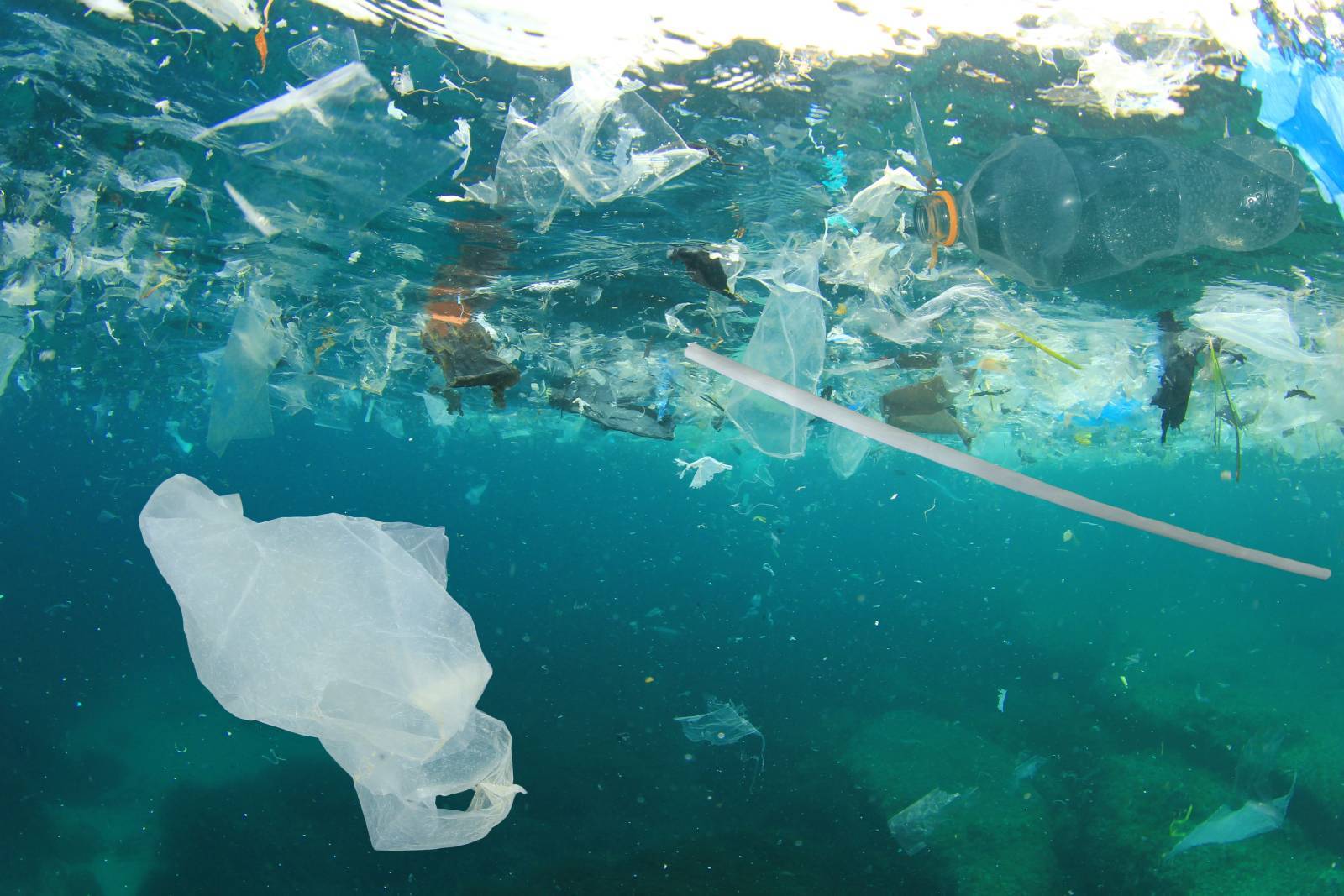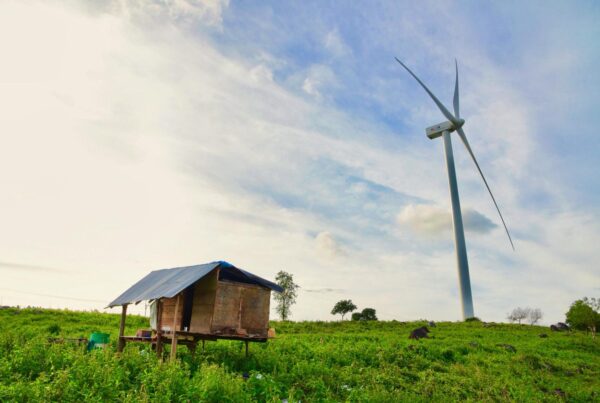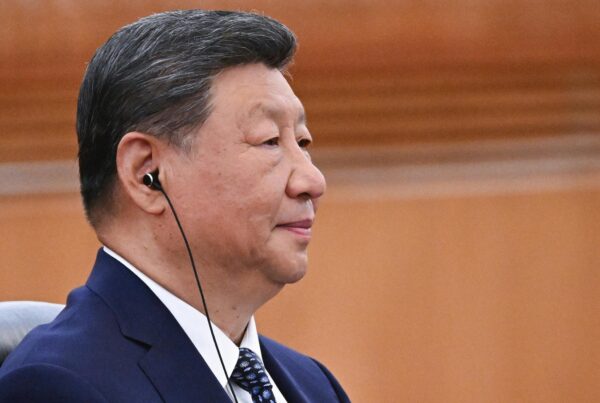Crucial negotiations to finalize the Global Plastics Treaty, often dubbed the “Paris Agreement for Plastics,” have reached a critical juncture in Geneva. The resumed fifth session of the UN Intergovernmental Negotiating Committee (INC-5.2) is scheduled to conclude on August 14, 2025, but with just one day left, rifts between member states are widening.
A high-ambition bloc including the European Union, Colombia, Kenya, Canada, and several African and Pacific nations has been pushing for caps on virgin plastic production, the phase-out of hazardous chemicals, and global design standards to make products more recyclable. In contrast, major oil and petrochemical producers such as Saudi Arabia, Russia, and Iran supported by the United States reject production limits, preferring to focus on waste management and improved recycling.
Greenpeace has condemned the latest draft text, released by the INC Chair on August 13, 2025, calling it a “betrayal of humanity.” WWF voiced similar criticism, arguing the draft is not a genuine treaty as it drops commitments to limit plastic production, weakens references to hazardous chemicals, and fails to establish a clear global funding mechanism.
Sharp Divisions at the Negotiating Table
The latest draft emphasizes a list of problematic plastic products, design requirements, and better waste management, but is seen as loose and non-binding at a global scale. Supporters of production limits warn that without strong upstream policies, plastic volumes 475 million tonnes in 2022 will continue to rise sharply in coming decades, while global recycling rates remain below 10%.
Hazardous chemicals are another flashpoint. The high-ambition group is pushing for a global list of chemicals to be banned or phased out, while opposing nations argue such an approach is overly restrictive and difficult to implement universally.
Funding and Implementation Mechanisms
Beyond substance, funding mechanisms are under scrutiny. Some countries are advocating for a Montreal Protocol-style multilateral fund to aid the transition, while others favor domestic approaches such as Extended Producer Responsibility (EPR) schemes. This divergence further complicates reaching a deal.
Negotiations are also constrained by consensus-based decision-making rules, which give opposing blocs the ability to dilute ambition through delay tactics or minimal-compromise texts.
Time Pressure and Activist Action
With just hours remaining, civil society pressure is mounting. Activists have staged demonstrations outside the Palais des Nations, including a symbolic “plastic flood” installation and building climbs, demanding a stronger text. In an ironic twist, Greenpeace research found microplastics in the air around the talks tangible evidence of the crisis under discussion.
Observers warn that failure to deliver an ambitious agreement could lead to fragmented national and regional regulations, increasing compliance costs for industry and slowing global efforts to tackle plastic pollution.
At this impasse, the future of global plastic governance hinges on political will to prioritize environmental protection over short-term economic interests. The outcome from Geneva will set the course whether the world moves toward comprehensive control of plastic pollution or lets the crisis spiral beyond control.






